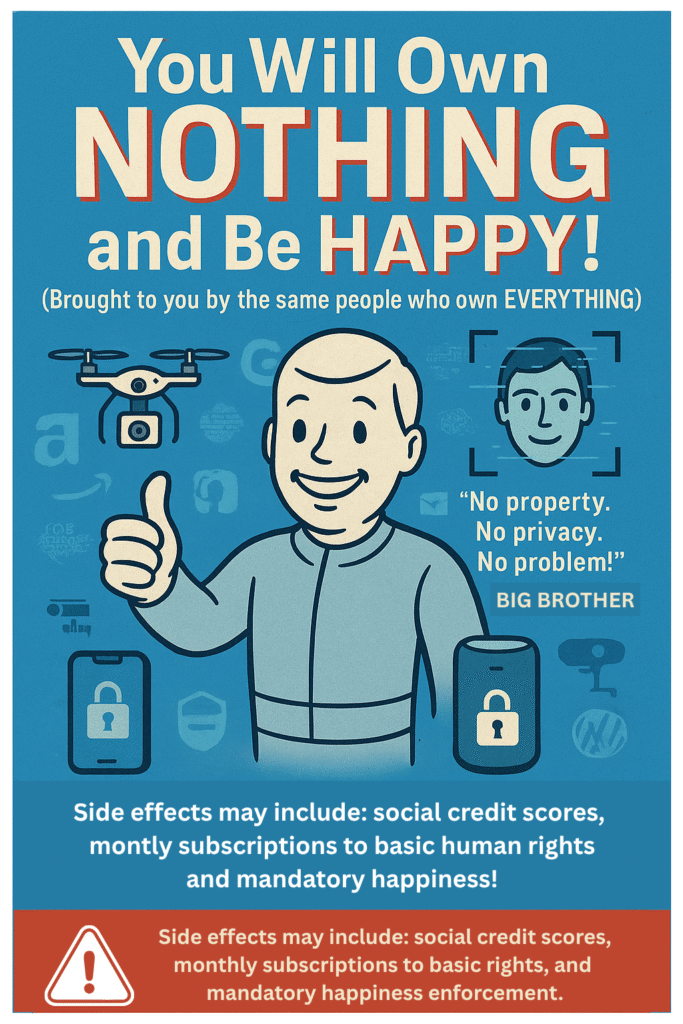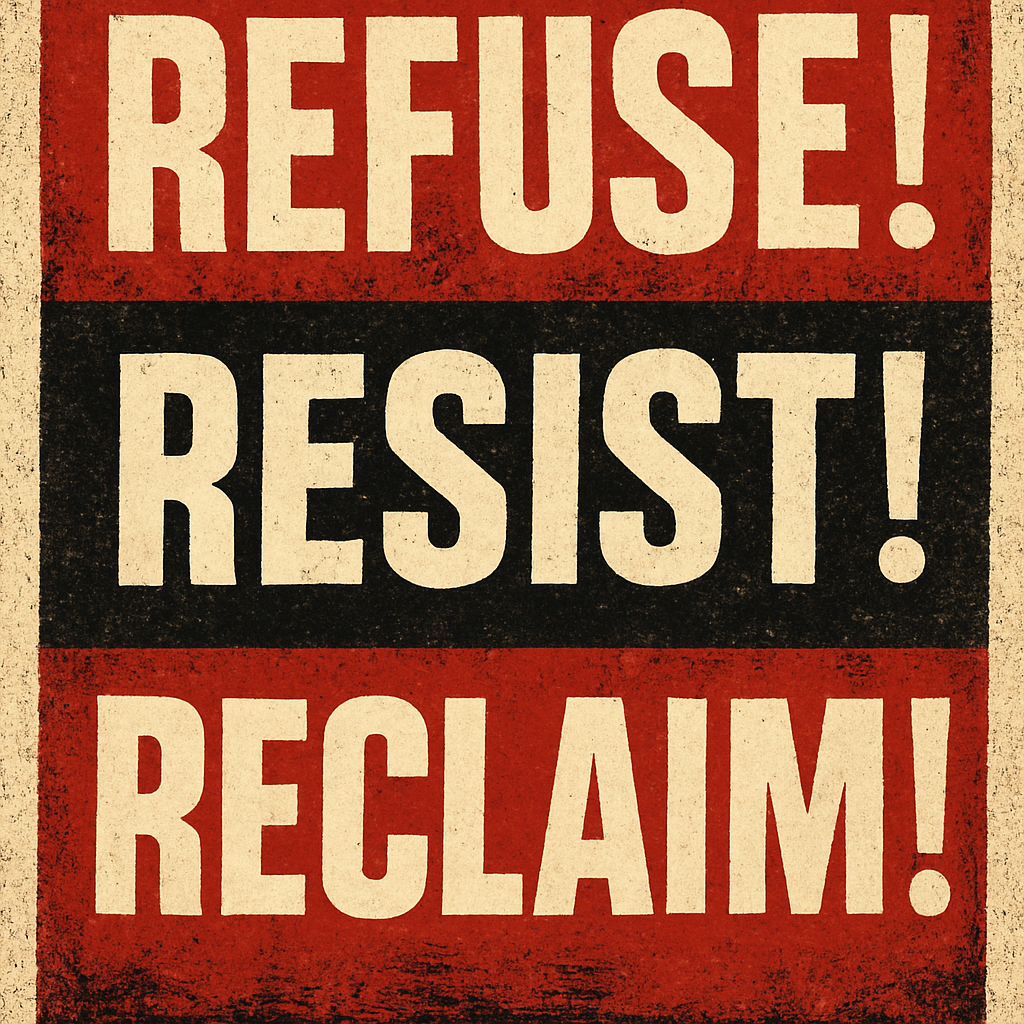This post is inspired by SKG (Stop Killing Games petition) but not limited to particular industry, activity or location! If you would like to find more about it & sign it up you can do so HERE.
About SKG & digital ownership petiton
This initiative calls to require publishers that sell or license videogames to consumers in the European Union (or related features and assets sold for videogames they operate) to leave said videogames in a functional (playable) state.
Specifically, the initiative seeks to prevent the remote disabling of videogames by the publishers, before providing reasonable means to continue functioning of said videogames without the involvement from the side of the publisher.
The initiative does not seek to acquire ownership of said videogames, associated intellectual rights or monetization rights, neither does it expect the publisher to provide resources for the said videogame once they discontinue it while leaving it in a reasonably functional (playable) state.

“You’ll own nothing and be happy” is a phrase published by the World Economic Forum (WEF). The phrase is based on a 2016 essay by Ida Auken (Socialist from Denmark) of Denmark, published by the WEF, about a future in which a hypothetical person relies on the sharing economy for many of their needs.
This dystopian vision normalizes dispossession under the guise of convenience—replacing ownership with perpetual rentals, subscriptions, and corporate control. True autonomy requires property rights; happiness shouldn’t depend on having nothing to call your own.
Proposed by modern day socialist, mega corporations and goverments, lack of ownership is not liberation —it’s surrender. No ownership means no control: over your possessions, your data, or your life. When everything is rented, permission-based, or AI-managed, freedom becomes a subscription service. In the modern era, when we should be able to have freedom of choice, ownership is the foundation of self-determination. Without ownership we lose freedom to modify, repair, or reject what’s imposed on you. Happiness without autonomy is just compliance with a smile.
REFUSE! RESIST! RECLAIM!

Utopia of convenience — no maintenance, no clutter, just seamless access to goods and services. But peel back the glossy futurism, and you’ll find a darker truth: a world where ownership disappears is a world where power concentrates.
The Illusion of Liberation
Proponents argue that ownership is a burden: why own a car when you can Uber, a house when you can Airbnb, or music when you can stream? But this isn’t freedom—it’s feudalism with a digital veneer. When you rent everything, your autonomy rents too. You can’t modify, repair, or refuse upgrades. Your access depends on algorithms, corporate policies, and the whims of landlords—both physical and digital.
The Endgame: Monopoly by Default
If individuals own nothing, someone else owns everything. Imagine:
Housing: A handful of institutional landlords dictate your lease terms.
Transportation: Ride-share surges and self-driving tolls replace car ownership.
Data: Your digital life is licensed back to you via subscriptions.This isn’t speculation—it’s already happening. Private equity buys up homes. Tech giants lock creativity behind paywalls. Even farmers can’t repair tractors they “license.” The goal? A perpetual revenue stream from a society of permanent renters.
The Alternative: Ownership as Resistance
True freedom requires property—not just possessions, but control over your life. History’s greatest emancipations—from land reform to digital open-source movements—were about distributing ownership, not abolishing it.
The choice isn’t between clutter and convenience. It’s between a society of sovereign individuals and a world where a few oligarchs own the infrastructure of existence. If we don’t fight to own, we’ll end up owned.
Governments and economists often frame property taxes as a fair and necessary way to fund public services. But beneath the surface, property taxes function as a perpetual rent paid to the state—undermining true ownership and eroding personal freedom.
The Myth of True Ownership
When you buy a house or land, you’re told it’s yours. But if you stop paying property taxes, the government can seize it. This means you never truly own your property—you merely rent it from the state. Unlike a mortgage, which you eventually pay off, property taxes are forever. Miss enough payments, and you’ll face liens, fines, and ultimately, eviction.
This system turns the foundational right of property — a cornerstone of liberty — into a conditional privilege.
Taxation as a Tool of Control
Property taxes don’t just fund roads and schools—they enforce dependence. Governments can:
- Increase rates at will, pricing people out of their homes (see: gentrification).
- Dictate land use through tax incentives or penalties (e.g., punishing undeveloped land).
- Displace communities when rising assessments make ownership unsustainable.
In effect, you don’t control your property — the state does. It decides how much you must pay to keep it, how you should use it, and whether you’re allowed to stay.
The Freedom Alternative
Real ownership means no perpetual financial obligation to the state. Alternatives exist:
- Abolish or cap property taxes, replacing them with voluntary or consumption-based models.
- Expand homestead exemptions to protect primary residences.
- Decentralize governance so communities, not distant bureaucrats, set tax policies.
Conclusion: Reclaiming Actual Ownership
If you must pay forever to keep your property, you don’t own it—you’re leasing it from the government. True freedom requires absolute ownership, where your home, land, and assets can’t be taken over a tax bill.
The choice is clear: Either we restore real property rights, or we accept that we’re just tenants on our own land.